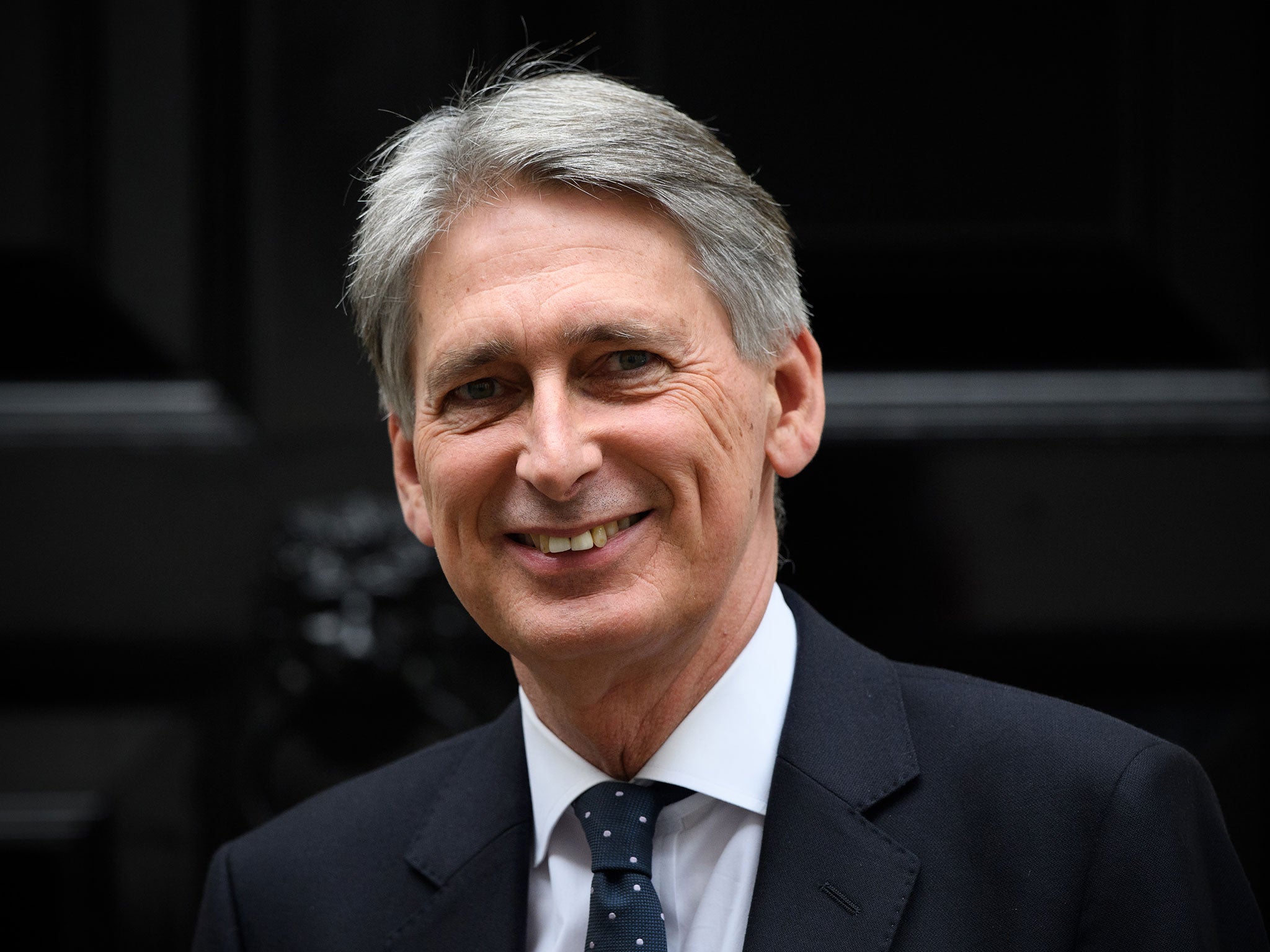If we want an economy that works for everyone, then it's time to scrap GDP
What does GDP tell us about how prepared an apprentice or graduate is for their first day at work? What do gross margins let us know about the integrity of the financial services industry? Little to nothing

According to the Chancellor Philip Hammond, the UK economy is entering a “new phase”. And with Brexit now around the corner, it is. But to be successful outside the EU, Theresa May must prove that Britain it is willing to do things differently. An economy whose health is measured by more than just financial returns would be an excellent place to start.
This new phase could begin with moving beyond the view that GDP alone is a sufficient way to understand and monitor our national progress. Why? Because, while GDP captures the monetary value of the economy, it does not help us to grasp the complexity of the UK economy and how well we are doing at the things that really make a country work. It cannot help us understand whether our cities, our communities and our lives are improving.
The old business truism, “what gets measured gets managed”, is one that today’s politicians would do well to heed. If your economic indicators are too narrowly focused then even the most well-meaning of policies devised off the back of them will be equally restricted in their scope and purpose.
What does GDP tell us about how prepared an apprentice or graduate is for their first day at work? What do gross margins let us know about the integrity of the financial services industry? How do buoyant GDP levels alert us to an imbalanced economy?
Speaking almost 50 years ago, Bobby Kennedy summed it up: “The gross national product does not allow for the health of our children, the quality of their education or the joy of their play … it measures everything, in short, except that which makes life worthwhile.”
Although the UK economy has grown and dynamic businesses have flourished in recent years, we know also that this prosperity is not equally shared. Too many people and places have been left behind. There are deep-rooted social and economic issues in the UK that threaten our long-term prosperity, including a low level of trust in our national institutions, a lack of skills among young people and a country whose financial stability is too heavily reliant on the economic success of a handful of cities.
Riding with blinkers on, economists and statisticians have long failed to resolve these issues because they have adhered to very narrow measurements of success. In short: it looks like we’re doing well, but we’re not.
We need a shift in perspective. We must continue to seek economic prosperity but also demand that his prosperity takes in everything that it means to run a successful society – our health, our wealth and our ability to thrive. Everything that enables each of us to pursue a great life.
So we need a new system of measuring our economy that understands all this, one that takes into account the wellbeing of society alongside a healthy bottom line.
Instead of speaking of, and working in, abstract growth figures, it’s time for the UK government to measure the country’s growth in ways that reflect the modern demands of society, as well as the economy. How we, as a country, measure our progress, success and setback must evolve to something that helps people live a great life, at work and at home.
So, what would be on the new score card? Measurements should be taken not just of levels of inclusion and equality, economic resilience, sustainability, trust, community, and the sense of belonging. From analysing the growth of people by measuring their education levels and scoring their personal wellbeing and happiness, to examining social inclusion, housing affordability, child poverty and levels of deprivation, we need to lay out a new set of economic values. They must also include levels of cultural activity and community engagement. All such factors should be brought together in one places, so that we can better understand how well Britain is working.
The most successful countries in the future will marry business and society together. To realise the UK’s potential and build a sustainable country that can thrive outside of the EU, we have to rethink our national measurements and come up with a new system of understanding our economy that reflects our modern society. Antiquated and off-the-rack just won’t cut it anymore.
And if we get this right, we won’t be the eccentric outsider doing things their own way, we’ll be leading the way in how to think about and understand social and economic success. What better way to start our new post-Brexit relationship with the rest of the world.
Norman Pickavance is partner at Grant Thornton and a former policy adviser to Ed Miliband
Join our commenting forum
Join thought-provoking conversations, follow other Independent readers and see their replies
Comments
Bookmark popover
Removed from bookmarks